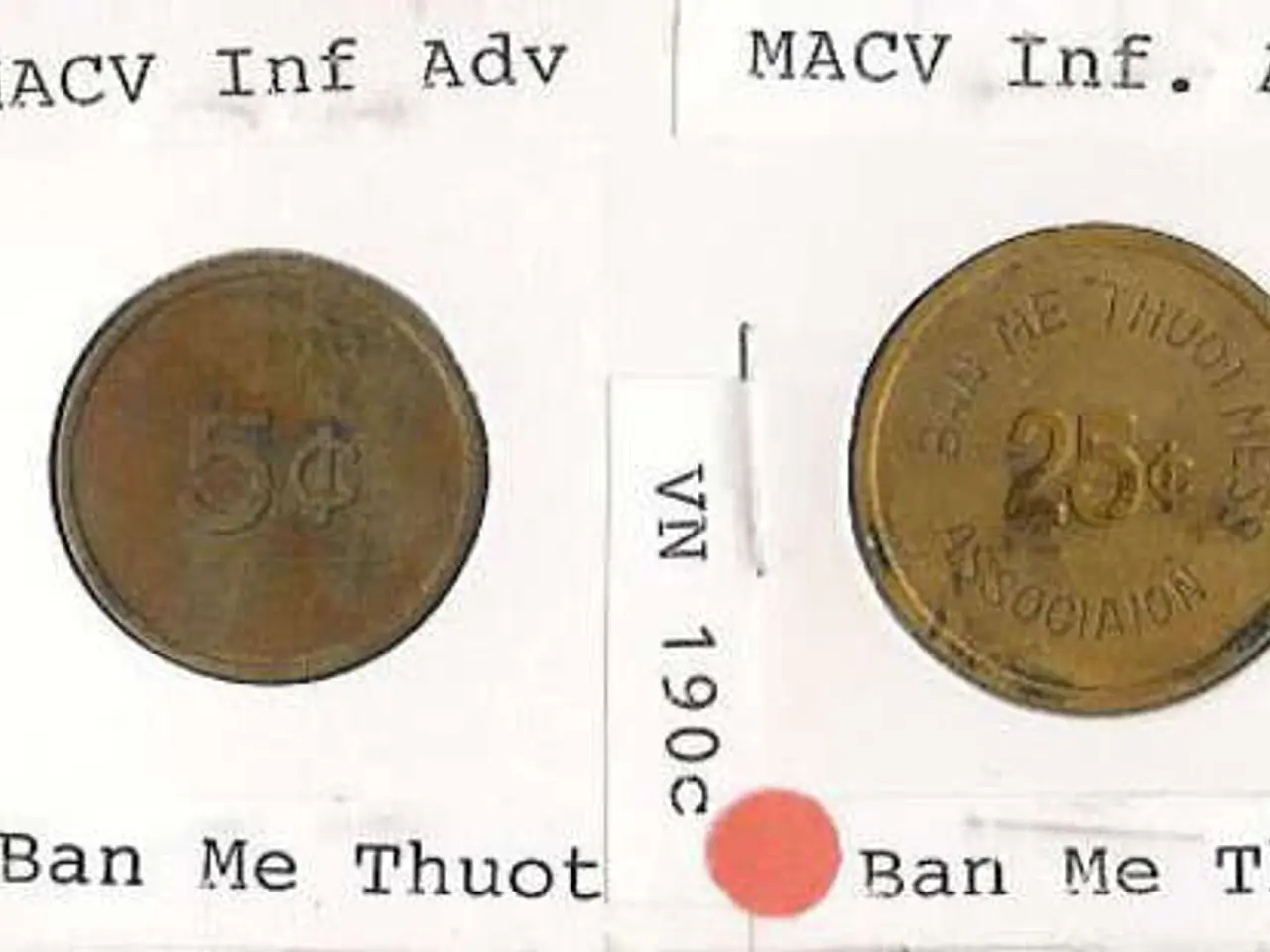Cryptocurrency platform MoonPay integrates instant purchases using Revolut's payment system.
**MoonPay Integrates Revolut Pay and Apple Pay, Bridging Traditional Finance and Crypto**
MoonPay, a leading provider of crypto payment solutions, has announced the integration of Revolut Pay and Apple Pay, offering users access to widely used wallet infrastructures. This move reinforces MoonPay's broader strategy of bridging traditional finance with the digital asset ecosystem.
The integration with Revolut Pay and Apple Pay reflects a broader industry trend of leveraging established fintech tools to accelerate adoption in the decentralized finance ecosystem. By simplifying crypto purchases and bridging the gap between traditional finance (TradFi) and the digital asset ecosystem, MoonPay aims to increase transaction completion rates and enhance customer retention on partner platforms.
With the integration, users can make one-click cryptocurrency purchases directly through the Revolut app, eliminating the need for manual input of payment details. Authentication is secure, with users able to authenticate transactions within the Revolut app using a passcode or biometric authentication. This streamlined process is comparable to other convenient payment methods like Apple Pay, enhancing the user experience by reducing steps involved in transactions.
The partnership expands the range of cryptocurrencies available for purchase, allowing users to access a wider selection of digital assets through MoonPay's extensive network. By integrating a familiar payment method trusted by users in the UK and EEA, MoonPay makes it easier for those accustomed to traditional banking to engage with cryptocurrencies.
The integration supports seamless transactions across over 500 partner apps and wallets, including prominent platforms like Uniswap, OpenSea, and Bybit. This broad support enhances user convenience and reduces platform switching, effectively bridging the gap between TradFi and the crypto ecosystem.
MoonPay's integration of Revolut Pay extends to over 500 of its partner platforms, aimed at reducing friction for users transferring funds from neobank accounts into crypto. By facilitating faster and more secure fiat-to-crypto conversions, MoonPay positions itself as a key infrastructure provider for platforms aiming to attract users with minimal onboarding complexity.
The integration with Apple Pay replicates the simplicity of services like PayPal, offering user-focused features like fee-free top-ups and recurring crypto purchases. This move is part of MoonPay's ongoing efforts to offer flexible and secure payment solutions in the crypto space, designed to remove entry barriers for both retail users and partners by tapping into existing financial habits and familiar interfaces.
The collaboration between MoonPay and Revolut is expected to make crypto purchases more streamlined, especially for users familiar with Revolut's payment interface. Users can remain within their existing Revolut account without switching platforms, access a broader selection of cryptocurrencies, and complete verification through MoonPay's streamlined KYC process. This broad application is designed to reduce cart abandonment and other payment-related drop-offs by offering a faster, smoother checkout experience.
The integration with Revolut Pay is expected to play a significant role in shaping how consumers interact with digital assets. MoonPay's integration of Revolut Pay and Apple Pay is part of its ongoing commitment to unifying the conventional and digital finance worlds.
The integration of Revolut Pay and Apple Pay by MoonPay signifies the marriage of traditional finance and technology within the crypto space. By offering users the convenience of these widely-used payment methods, MoonPay aims to increase adoption within the decentralized finance ecosystem.
The partnership between MoonPay and Revolut also reflects a broader industry trend, as established fintech tools are leveraged to simplify crypto purchases and bridge the gap between TradFi and the digital asset ecosystem.




